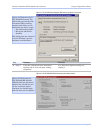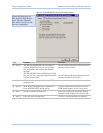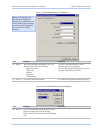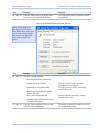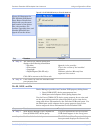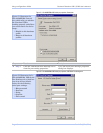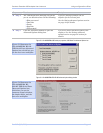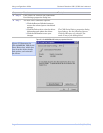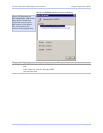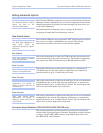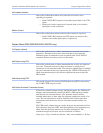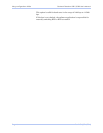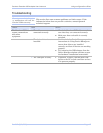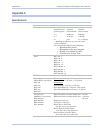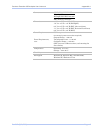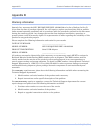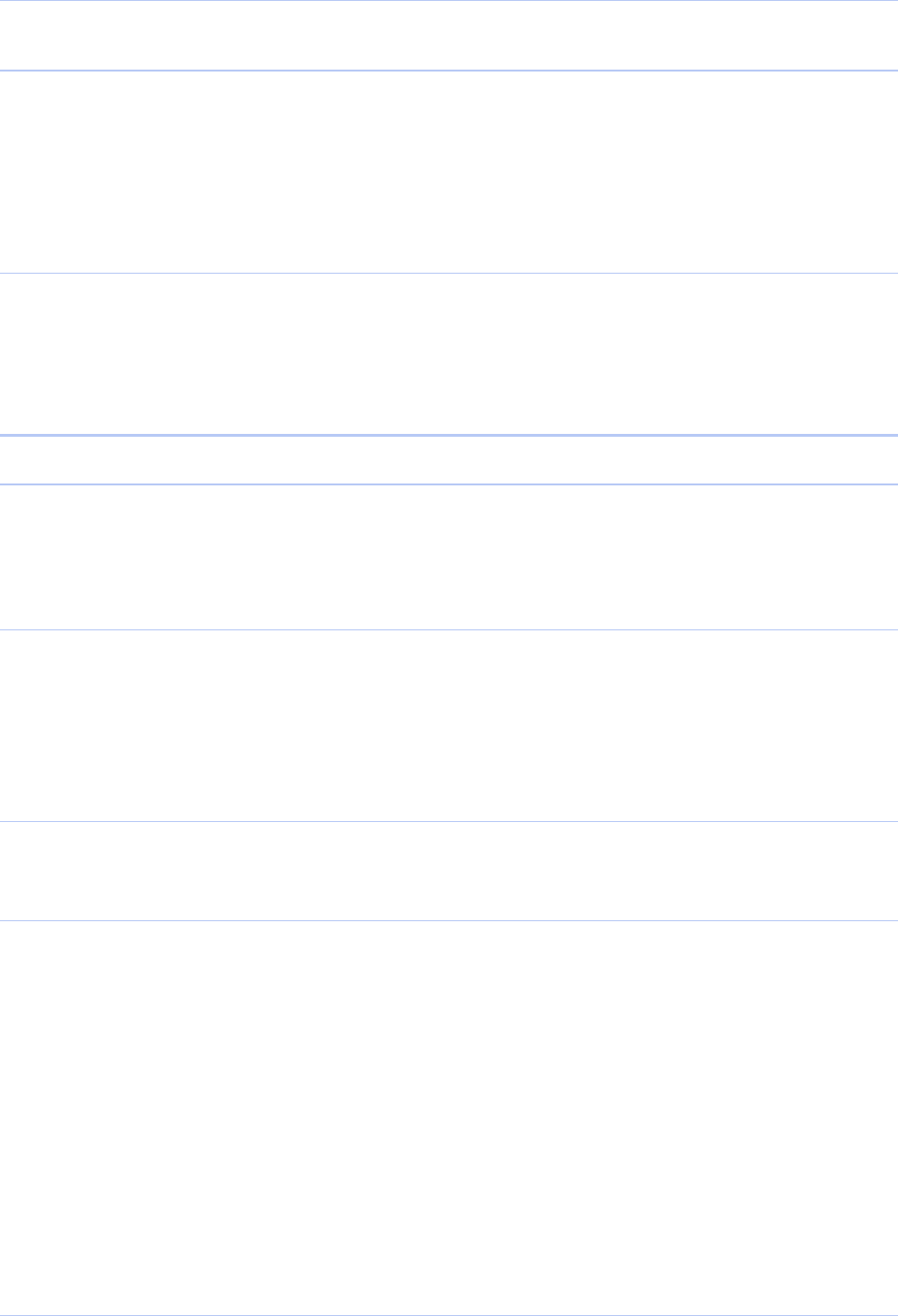
Quatech Freedom USB Adapter User’s Manual Using configuration utilities
All Loopback (default)
Select this radio button when only transmit and receive data
signaling is required.
Each UART's RTS output is internally looped back to its CTS
input.
Each port's AuxIn signal pair is looped back to its AuxOut
signal pair at the connector.
Modem Control
Select this radio button when hardware flow control is required.
Each UART's RTS output and CTS input are routed to the
AuxOut and AuxIn signal pairs, respectively.
Duplex Mode (DSU/QSU/ESU/HSU-200/300 only)
Full Duplex (default)
Select this radio button to allow simultaneous transmit and receive
operation. Transmit and receive data must move over separate
dedicated pairs of conductors in the attached cable. Each UART's
transmit drivers are always active in this mode.
Half Duplex using RTS
Select this radio button to allow communication in only one direction
at a time. Transmit and receive data can share a single pair of
conductors in the attached cable. The software application can disable
the port's transmit drivers by deasserting the UART's RTS output. To
allow transmission again, the software application must assert the
RTS output.
Half Duplex using DTR
This mode operates the same as Half Duplex using RTS, except that
the UART's DTR output is used.
Half Duplex Automatic Transmitter Control
If this box is checked when using a half duplex mode, the USB serial
adapter will automatically control the RTS or DTR signal to enable
and disable the transmit drivers. The transmit drivers will be
enabled when there is data from the software application ready to be
sent. The transmit drivers will be disabled after all data has been
transmitted and the device drivers' internal transmit buffers are
empty.
The USB serial adapter inserts a delay between the movement of the
final character into the UART and the disabling of the transmitter to
allow time for the final character to be fully transmitted. The
minimum length of this time can be calculated as follows:
delay (us) = 3.3µs * (baud rate divisor / data rate multiplier) + 20.5µs
Rev 2.02 (2/24/2004) Page 45



